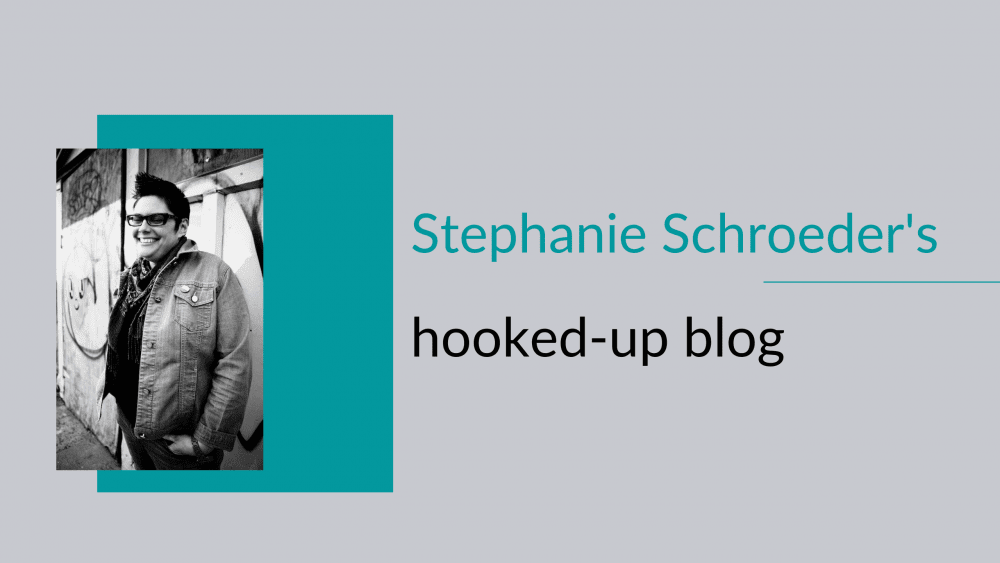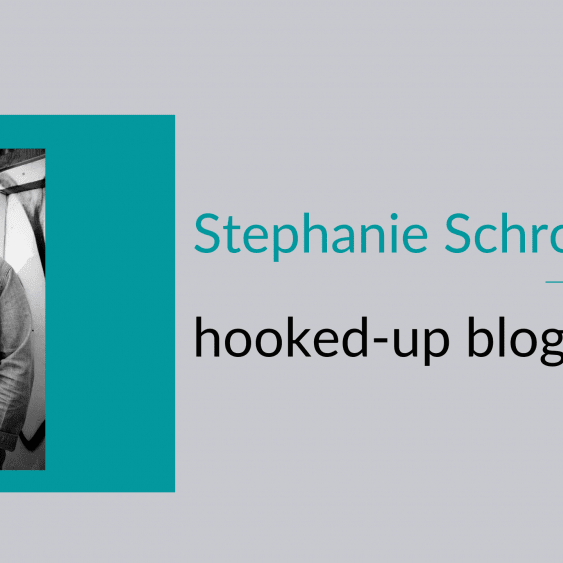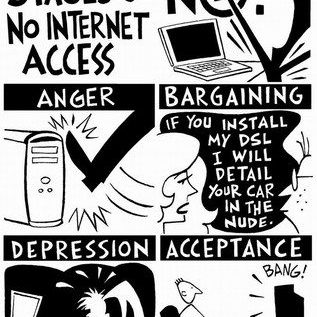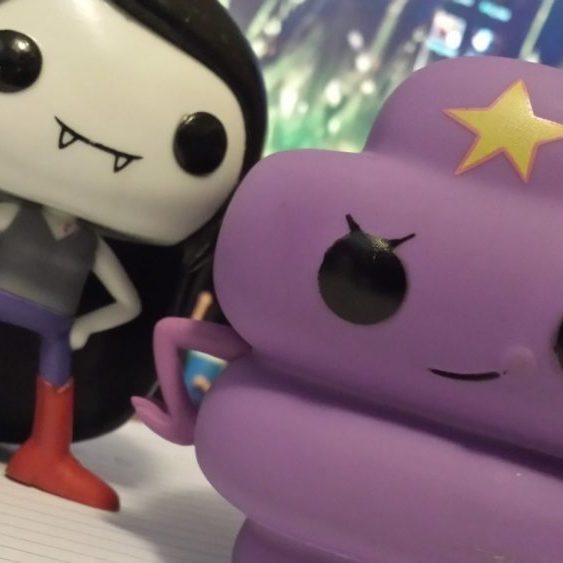 My girlfriend and I are finally off probation.
My girlfriend and I are finally off probation.
By “probation” we meant—half joking and half serious—if we could hold it together for a year, we’d probably be good to go with nothing left to hide. My girlfriend recently told me she has no “buts” about me and I told her I had found no “bad brew” between us—no trigger points or personality clash that would make it impossible for us to be together.
But, we know so many lesbians who have difficult relationships with their girlfriends, significant others, spouses, life-partners, etc. because of what we call the “buts”. There are big buts and small buts, however, all the “buts” have the same impact.
The “buts” go something like this: “I am not attracted my wife anymore, but she is a great mother and good provider, so I’m going to stick this relationship out.” Or, “I love my girlfriend very much, but she smokes too much pot and it gets in the way of our communication.” Or, “I love my girlfriend, but none of my friends like her.”
These are all red flags, as in red flags. Any “but” is a flag, “but” statements or sentiments about no longer loving or losing sexual attraction to your partner are a very good reason to not stay in the relationship. Others, such as a relationship between a pot smoker vs. a drug-free individual or a girlfriend no one else likes are smaller, but “buts” nonetheless. These all are situations that need immediate examination, intense self-reflection and scrutiny, and very likely the intervention of a psychotherapist on your part—and maybe couples counseling for both of you.
However, I find that when too many (or really any at all) buts exist in any given relationship, it means that relationship is not a solid or sturdy one and will not only not work in the long-term, but will be unsatisfying, sap energy, drain positivity and one day become toxic.
There are so many people out there who are immensely invested in appearances, of keeping a relationship afloat no matter what, maintaining a veneer of the “perfect” couple or family, the falsehood of a romantic partnership while silently screaming about lesbian bed death. Sometimes there is just plain loss of interest or a divergence of interests that make an ongoing relationship impossible. All of these “but” red flags are a sign (hence red flag) to investigate the issues and abandon the relationship to make your life more comfortable and happy. It’s not selfish to want to be happy, to be fulfilled sexually and romantically, to put yourself first. You do, after all, have to live with yourself first and foremost, all the time, 24/7, for the rest of your life.
I know of where I speak. I have been in abusive relationships, sexless relationships, non-loving partnerships, ongoing monogamous relationships where there were questions about the veracity of my girlfriend and her whereabouts, her intentions and other issues that were big question marks. Clearly, a lot of “buts” there. It’s my experience—and that of other lesbians I consider healthy in their thinking about relationships—that if there are “buts” or other types of red flags, you need to heed those warnings and listen to your gut. Forget appearances, what about your happiness in the long term? And, for those of you with children, if you (and/or your partner) are not happy, then I can guarantee the kids are not either.
This post just scratches the surface of all these interconnected issues. It’s good to detect the “buts” before you jump into a relationship, move in with your girlfriend, have children together or purchase property with your partner. What might start out as a tiny “but” can well turn into a giant “but”—don’t set yourself up to be in a seemingly no-way-out “but” situation. That said, it’s always possible to get out of a relationship you have outgrown in whatever way and remember that you always have options even when things seems bleak and hopeless.

Moral of the story: nip those “buts” in the bud.



